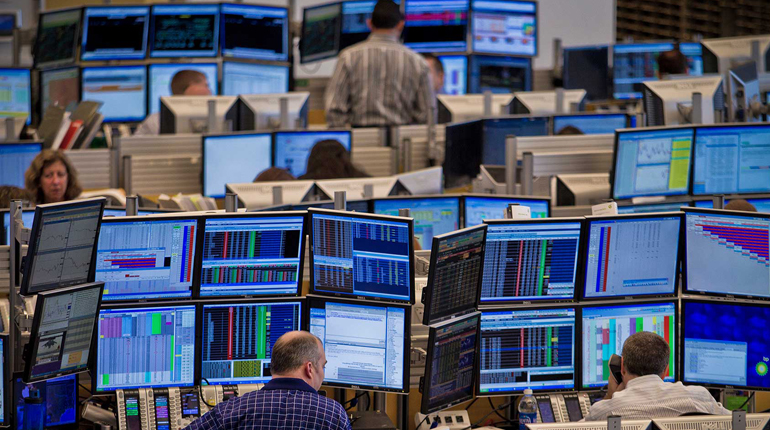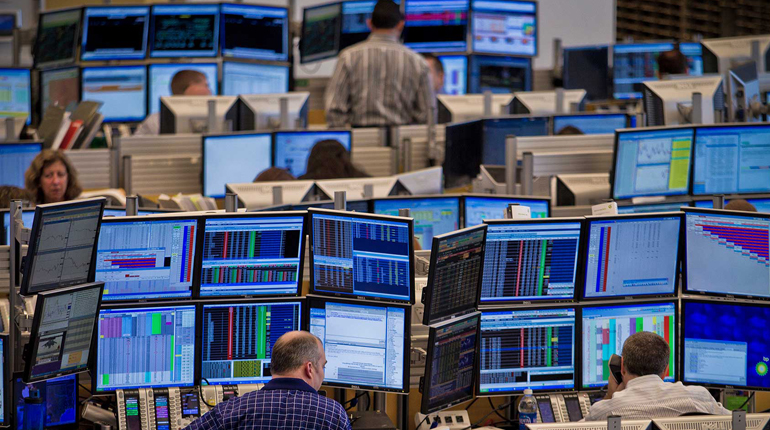Highlights
- Demand from Northeast Asia and Australia is expected to be weak over the summer
- Australian exports are rising as new projects gain momentum
- LNG imports into Northeast Asia continue to slide, despite an increase in imports from South Korea
- Spot LNG prices have sunk below $7/MMBtu
Economic overview
The stock market crash in China could result in major economic trouble in the world’s second-largest economy.
The Chinese stock market has fallen dramatically in recent weeks. Chinese shares have lost around 30% – more than $3 trillion – of their value since the middle of June, and some companies have stopped trading on the market, freezing considerable amounts of equity. The government is trying to limit the losses, and has implemented measures to halt the falls. A small rally was seen in mid-July, but problems with the market persist.
GDP forecasts
| 2013 | 2014 | 2015 | 2016 | |
| Australia | 2.0% | 2.7% | 2.3% | 2.9% |
| Japan | 1.6% | -0.1% | 0.7% | 1.4% |
| Korea | 2.9% | 3.3% | 3.0% | 3.6% |
| China | 7.7% | 7.4% | 6.8% | 6.7% |
| India | 6.4% | 7.2% | 6.9% | 7.6% |
| Indonesia | 5.6% | 5.0% | 4.9% | 5.5% |
The troubles in the stock market threaten to have a negative impact on the wider economy. If domestic consumption is hit, economic growth will be reduced in China and the countries that export to it. The Chinese economy is expected to grow by 6.8% in 2015, according to the latest OECD outlook, down from 7.4% last year. China’s gas market has seen declines in demand in recent months. This could continue, and even worsen, if winder economic problems develop.
Japan’s economy is expected to grow by less than 1% this year, before growth improves to 1.4% in 2016, according to the OECD. Strong growth in Q1 will support economic expansion for the year as a whole. Japan’s GDP grew by 3.9% on an annual basis in Q1, up from a previously estimated 2.4%, driven by business investment. Gas demand has been rising in 2015, but weak consumption is expected over the summer in part because of cooler-than-average temperatures.



